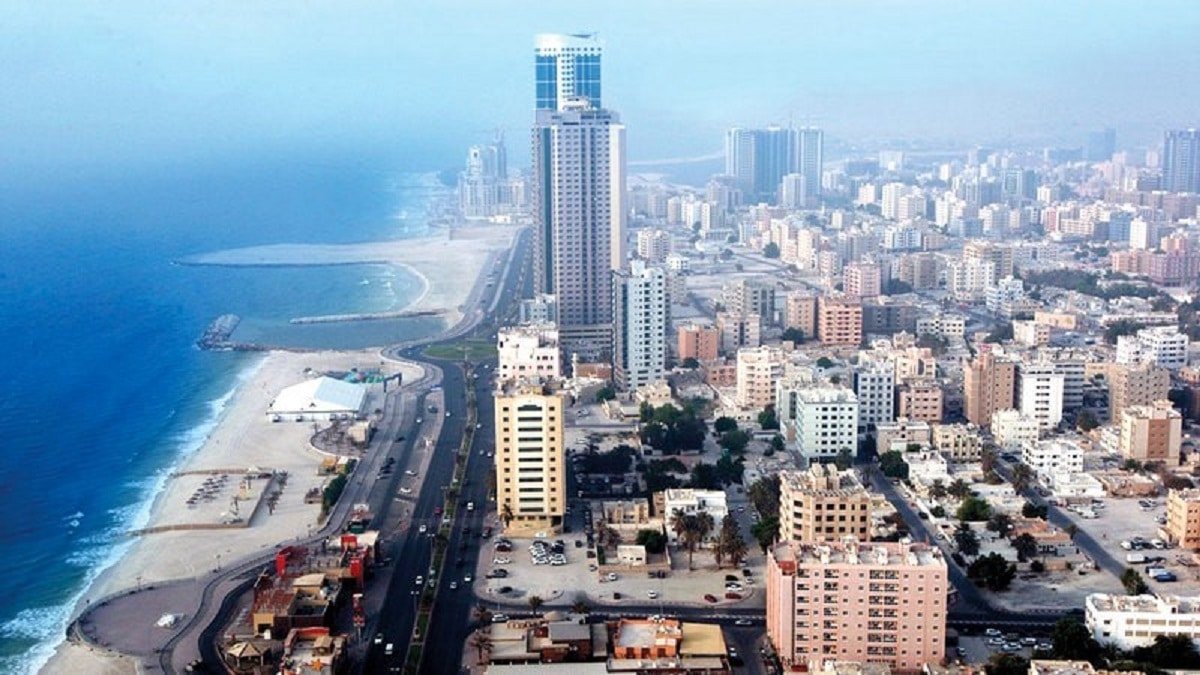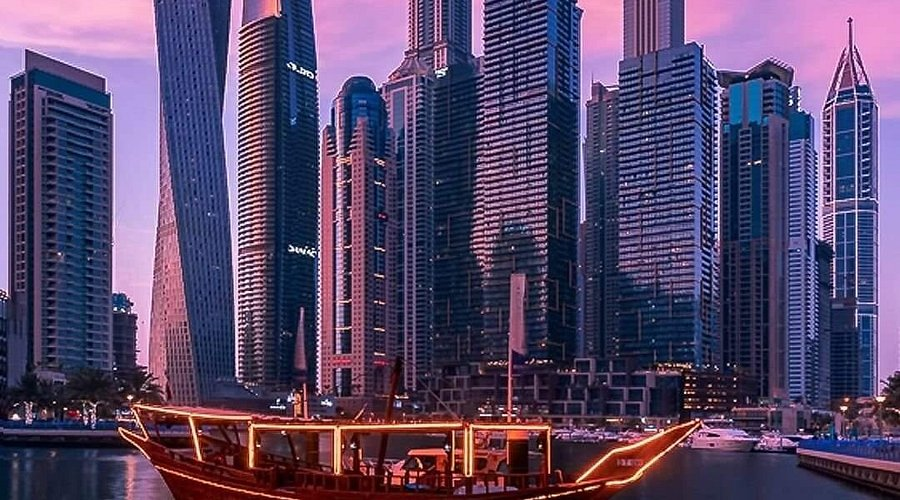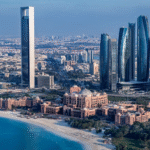Now Reading: Dubai Housing Market: Boom Sparks Concerns Over Market Stability
-
01
Dubai Housing Market: Boom Sparks Concerns Over Market Stability
Dubai Housing Market: Boom Sparks Concerns Over Market Stability
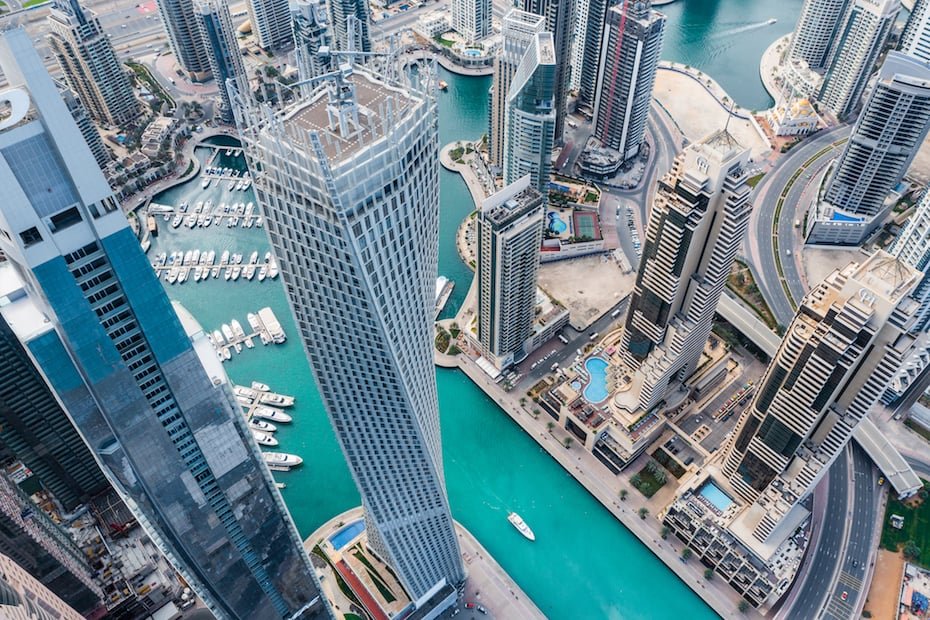
The Dubai Housing Market has been experiencing an unprecedented boom in recent years, driving record-breaking property sales and rental growth. While this surge has created optimism among investors, developers, and real estate professionals, it has also raised concerns over the long-term stability of the market. The rapid price increases, coupled with high demand in certain segments, have prompted questions about affordability, sustainability, and potential market corrections.
Investors and homeowners are watching closely as Dubai’s real estate landscape continues to evolve. On one hand, the housing boom offers lucrative opportunities for capital appreciation and rental income. On the other, the rapid pace of growth presents challenges that could impact market stability if not carefully managed.
Understanding Dubai’s Housing Boom
The Dubai Housing Market boom is the result of multiple factors converging over the past few years. Strong economic growth, government-backed initiatives, and an influx of both expatriate and local investors have driven demand for residential properties.
New residential projects, high-profile developments, and luxury apartments have dominated the market, attracting attention from both domestic buyers and international investors. This surge has led to increased property prices, particularly in prime areas, while rental yields have remained attractive, further fueling investor interest.
The housing boom is also tied to Dubai’s global reputation as a business and lifestyle hub. The city’s modern infrastructure, high-quality amenities, and world-class transport network make it a preferred destination for professionals, families, and retirees looking for a secure and vibrant living environment.
Price Growth and Affordability Challenges
One of the most visible effects of the Dubai Housing Market boom is the rapid growth in property prices. Apartments, villas, and townhouses in key locations have seen double-digit price increases, making affordability a growing concern for middle-income buyers and first-time homeowners.
While investors have benefited from capital appreciation, residents seeking housing for personal use have faced higher entry costs. This dynamic has raised questions about how long the market can sustain such growth without creating barriers for local residents and newcomers.
Affordability challenges are particularly evident in prime neighborhoods, where high demand and limited supply have pushed prices to levels that are significantly above average household income. This has sparked discussions about the need for strategic planning and market regulation to ensure sustainable growth.
Rental Market Dynamics
The Dubai Housing Market boom has also influenced the rental sector. As property prices rise, rental rates have followed suit, providing attractive yields for investors but increasing living costs for tenants.
Annual rental growth in certain areas has exceeded 20%, prompting debates about housing accessibility and social equity. While high rental yields are appealing to investors, they also create pressures on households, particularly expatriates who represent a significant portion of Dubai’s population.
Developers are increasingly focusing on mid-range and affordable housing projects to balance rental affordability with investment returns. This shift highlights the importance of diversified offerings to maintain a healthy and stable housing market.
Factors Driving Investor Interest
Several factors have fueled investor enthusiasm in the Dubai Housing Market.
- Economic Stability: Dubai’s diversified economy, low taxation, and strong regulatory environment have created a secure backdrop for property investment.
- Global Appeal: Dubai continues to attract international investors due to its strategic location, infrastructure, and lifestyle offerings.
- High Returns: Attractive rental yields and potential capital appreciation make the housing market appealing for both short-term and long-term investments.
- Government Initiatives: Policies such as long-term residency visas, flexible financing options, and real estate incentives have enhanced investor confidence.
These factors have created a virtuous cycle, where increased investment drives further development, which in turn attracts more buyers and investors.
Emerging Neighborhoods and Investment Hotspots
As the housing boom continues, several neighborhoods in Dubai have emerged as investment hotspots. Areas such as Downtown Dubai, Business Bay, Dubai Marina, and Jumeirah Beach Residence have experienced significant price growth due to high demand and premium amenities.
At the same time, emerging communities like Dubai South, Dubai Hills Estate, and Jumeirah Village Circle offer more affordable alternatives while providing modern infrastructure and connectivity. Investors are increasingly exploring these emerging neighborhoods for long-term growth potential, rental yields, and value-for-money opportunities.
Developers are responding by launching projects that cater to a wide range of budgets, from affordable apartments to luxury villas, ensuring that the market remains accessible to diverse segments of buyers and tenants.
Potential Risks to Market Stability
While the Dubai Housing Market boom has created opportunities, it has also highlighted potential risks to market stability.
- Overvaluation: Rapid price increases in certain areas could lead to market corrections if supply outpaces demand or if external economic factors impact investor sentiment.
- Speculative Buying: High investor activity driven by speculation rather than end-use demand can create volatility and affect long-term market sustainability.
- Global Economic Shifts: Dubai’s housing market is influenced by global economic conditions, including interest rates, oil prices, and foreign investment flows.
- Supply Imbalances: Overdevelopment in some segments or neighborhoods could lead to oversupply, putting downward pressure on prices and rental rates.
Market analysts emphasize the importance of balanced growth, careful planning, and regulatory oversight to mitigate these risks while maintaining a vibrant housing market.
Government Measures and Policy Interventions
The Dubai government has implemented several measures to ensure the housing market remains stable and sustainable. Regulatory reforms, property transaction transparency, and quality control for new developments are key initiatives aimed at protecting both investors and residents.
In addition, government support for affordable housing projects and infrastructure development helps maintain market accessibility and ensures long-term growth. By fostering a stable regulatory environment, authorities aim to balance investor confidence with social housing needs.
Investor Strategies in a Booming Market
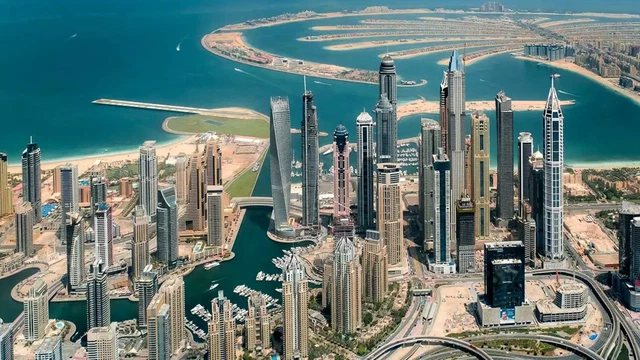
In the current Dubai Housing Market, investors are adopting strategic approaches to maximize returns while minimizing risk.
- Diversification: Investing across different property types, neighborhoods, and price ranges helps mitigate market fluctuations.
- Focus on Emerging Areas: Emerging communities offer higher potential for capital appreciation while remaining affordable.
- Long-Term Investment Horizon: A long-term approach reduces exposure to short-term market volatility and maximizes returns from rental income and appreciation.
- Sustainable and Quality Developments: Choosing properties with strong construction quality, modern amenities, and sustainable design enhances long-term value.
Investors who adopt these strategies are better positioned to navigate the housing boom while safeguarding their portfolios against potential market corrections.
Market Outlook and Future Trends
Looking ahead, the Dubai Housing Market is expected to continue growing, albeit at a more measured pace. Demand for residential properties remains strong, driven by population growth, economic diversification, and international interest.
Emerging trends include greater emphasis on sustainable and energy-efficient developments, integrated communities with mixed-use amenities, and digital solutions for property management and transactions. These trends indicate that the market is evolving toward more resilient, long-term growth models.
Experts anticipate that the combination of strategic planning, investor interest, and government support will sustain Dubai’s housing market while addressing affordability and stability concerns.
Balancing Growth with Sustainability
Sustainable growth in the Dubai Housing Market requires careful balancing of supply, demand, affordability, and quality. Developers, investors, and authorities must collaborate to ensure that new projects meet the needs of residents and the expectations of investors.
Sustainability initiatives, including green buildings, energy-efficient systems, and community-focused planning, play a crucial role in maintaining long-term market health. By integrating these practices, Dubai can continue to attract global investors while fostering vibrant, livable communities.
Conclusion
The Dubai Housing Market boom has created remarkable opportunities for investors, developers, and residents. Record-breaking property sales, rising rental yields, and high investor confidence highlight the emirate’s appeal as a global real estate hub.
At the same time, rapid growth has raised concerns over affordability, market stability, and long-term sustainability. Balancing these factors will require careful planning, strategic investment, and ongoing government support.
For investors, understanding market dynamics, diversifying portfolios, and focusing on quality and sustainability are key strategies to navigate the booming housing market. With prudent measures, Dubai can continue to offer lucrative opportunities while maintaining stability and resilience in its real estate sector.
The Dubai Housing Market remains a high-potential destination for those seeking both immediate returns and long-term capital growth, but it demands careful attention to evolving trends and strategic investment planning.
Follow us on: Instagram
Read More-Abu Dhabi Development Fund Hits $52bn in Investments: A Milestone in Global Development



